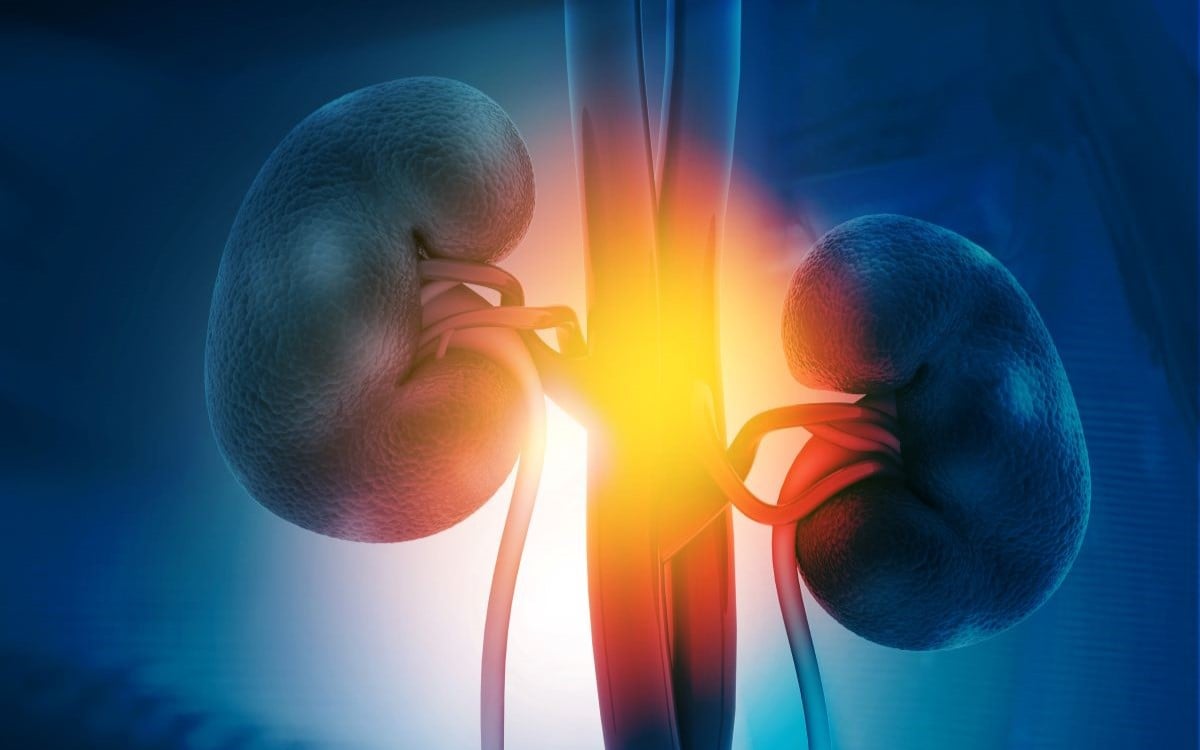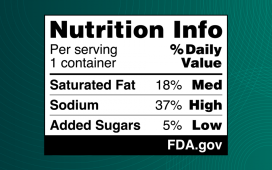Older adults starting dialysis when eGFR falls below 12 who are not referred for transplant have modest gains in survival
By Elana Gotkine HealthDay Reporter
MONDAY, Aug. 19, 2024 (HealthDay News) — For older adults, starting dialysis when the estimated glomerular filtration rate (eGFR) falls below 12 mL/min/1.73 m2 results in modest gains in life expectancy, according to a study published online Aug. 20 in the Annals of Internal Medicine.
Maria E. Montez-Rath, Ph.D., from the Stanford University School of Medicine in Palo Alto, California, and colleagues conducted an observational cohort study using target trial emulation involving adults aged 65 years or older with chronic kidney failure and eGFR below 12 mL/min/1.73 m2 who were not referred for transplant. Survival and home time were compared between those who started dialysis and those who continued medical management.
The researchers found that median time to dialysis start among the 20,440 adults was 8.0 days and 3.0 years in the group starting dialysis and the group continuing medical management, respectively. During a three-year period, the groups starting dialysis and continuing medical management survived 770 and 761 days, respectively. The group starting dialysis had 13.6 fewer days at home compared with the group continuing medical management. The group starting dialysis had longer survival by 77.6 days and 14.7 fewer days at home compared with the group continuing medical management and forgoing dialysis completely.
“Decisions to start dialysis at this level of kidney function should consider the clinical factors that affect this tradeoff and whether the expected outcomes of starting dialysis align with an individual’s values and goals,” the authors write.
Editorial (subscription or payment may be required)
Copyright © 2024 HealthDay. All rights reserved.








